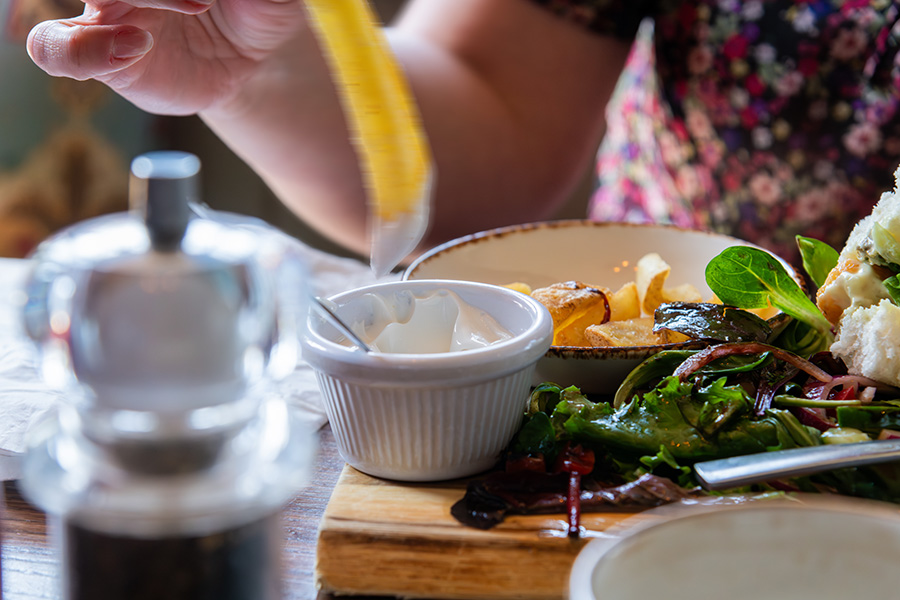In March 2025, the UK’s hospitality and leisure sector experienced a 2.8% year-on-year increase in consumer spending, maintaining the momentum from February’s 2.9% growth. This steady performance comes despite broader economic challenges and shifting consumer behaviours.
Key Insights:
- Bars, Pubs & Clubs: After a 2.0% decline in February, this segment rebounded with a 0.8% increase in March. The improvement is attributed to warmer weather, encouraging patrons to visit outdoor venues.
- Travel Sector: Spending in the travel industry rose by 5.7%, with travel agents experiencing a notable 7.1% increase. This suggests that consumers continue to prioritise travel, even amid financial constraints.
- Retail Spending: Overall retail spending saw a slight decrease of 0.2%, with supermarket expenditures dropping by 4.0%. This indicates a shift in consumer priorities, focusing more on discretionary experiences over essential goods.
Consumer Behaviour Trends:
Despite financial pressures, many consumers are still allocating funds toward experiences and leisure activities. Notably, holidays emerged as the top unplanned purchase, with 21% of consumers spending on trips they hadn’t budgeted for. Additionally, 20% indulged in unplanned days out, and 17% in expensive meals.
Implications for Hospitality Businesses:
- Experience-Centric Offerings: With a growing emphasis on experiences, hospitality venues should consider curating unique events and packages that cater to this demand.
- Outdoor and Seasonal Events: Capitalising on favourable weather by hosting outdoor events can attract more patrons and enhance revenue.
- Flexible Pricing Strategies: Implementing dynamic pricing models can help accommodate varying consumer budgets while maximising profitability.
By understanding and adapting to these evolving consumer spending patterns, UK hospitality businesses can position themselves for sustained growth in 2025.




